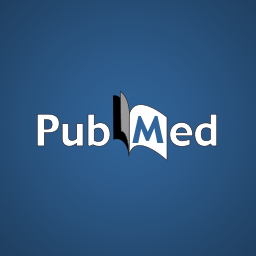Evaluation of potential antioxidant and anti-inflammatory effects of Antrodia cinnamomea powder and the underlying molecular mechanisms via Nrf2- and NF-κB-dominated pathways in broiler chickens.

Antrodia cinnamomea, a precious and unique medical fungus existing exclusively in Taiwan, exhibits antioxidant and immunomodulatory properties. This study was conducted to evaluate the beneficial effects of A. cinnamomea powder (ACP) and to further illuminate its underlying antioxidant and immunomodulation molecular mechanisms in broilers. The functional compounds of ACP-crude triterpenoids, crude polysaccharides, and total phenolic content-were assayed, respectively. Two-hundred-forty one-day-old broilers (Ross 308) were assigned to 4 treatment groups receiving dietary supplementation with ACP at 0, 0.1, 0.2, and 0.4% for 35 days. Each group had 4 replicate pens, with 15 birds per pen. During 1 to 21- and 22 to 35-day periods, chickens on ACP-supplemented diet demonstrated increased body weight gain, compared to those on the control diet, resulting in increased weight gain throughout the entire experimental period with an increased tendency in feed consumption yet no significant difference in FCR. Blood antioxidant potentiality, superoxide dismutase (SOD), increased in birds fed the supplemented diet at both 21 and 35 d, accompanied by higher catalase (CAT) activity at 21 days. In vivo peripheral blood mononuclear cells (PBMC) exposed to lipopolysaccharide (LPS) and 2,2΄-Azobis(2-amidinopropane) dihydrochloride (AAPH) capability showed that the diminished cell viability caused by both challenge factors was improved in ACP-supplemented groups. Antioxidant genes dominated by Nrf2 genes, such as HO-1 and GCLC, were up-regulated in 35-day-old birds. Inflammatory-related genes, such as IL-1β and IL-6, ruled mainly by NF-κB, were rather down-regulated by 0.2% ACP addition at 21 and 35 days. Protein expression of Nrf2 and NF-κB in the liver supported the mRNA results, demonstrating that all ACP-supplemented groups showed significantly higher Nrf2 expression, whereas the NF-κB was inhibited. In conclusion, preferable microbial balance may putatively indicate the improvement of immunomodulatory-related capacity by ACP. Furthermore, ACP could induce the Nrf2-dependent pathway and decrease the NF-κB-dominated inflammatory signaling pathway. Antioxidant and immune capacity in terms of antioxidant enzymes and cell tolerance also was elevated by ACP. Concomitantly, body weight increasing with ACP supplementation as compared to the corresponding control group further implied the promising effects exerted by ACP.




